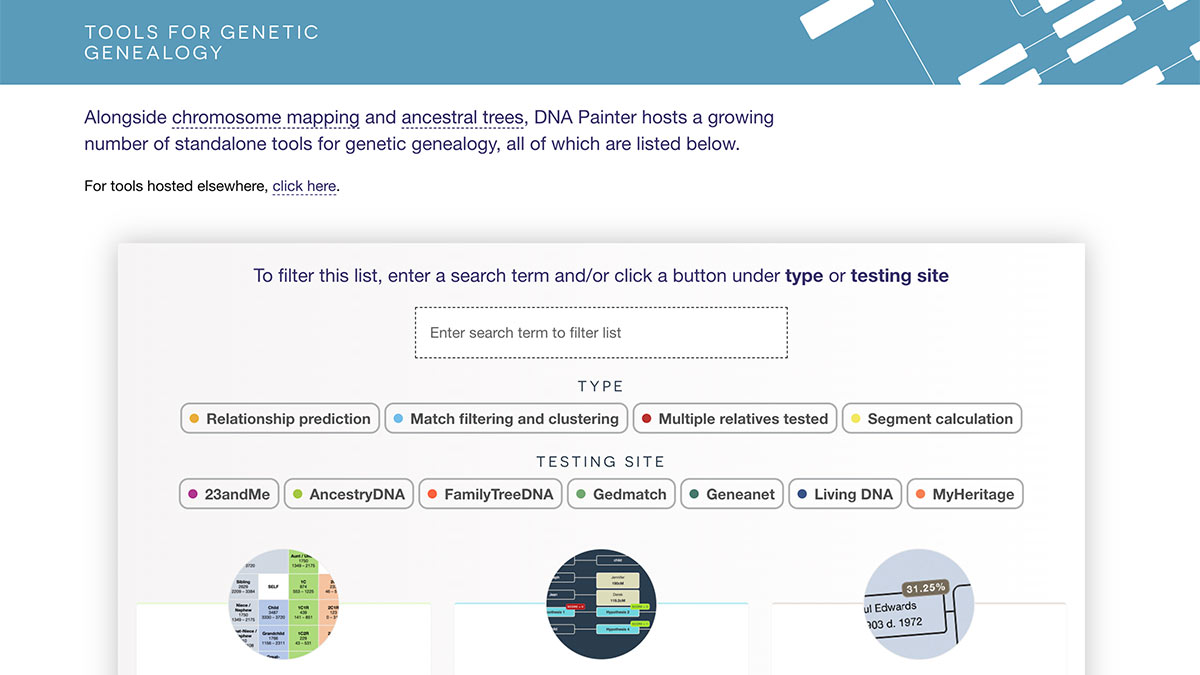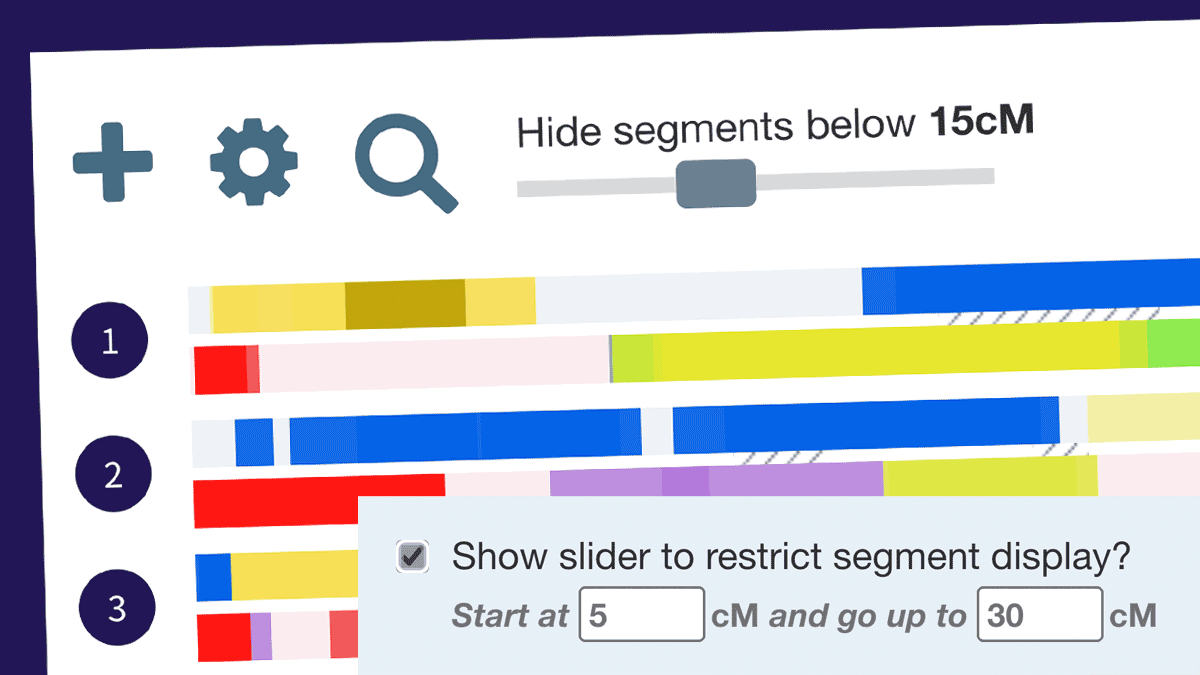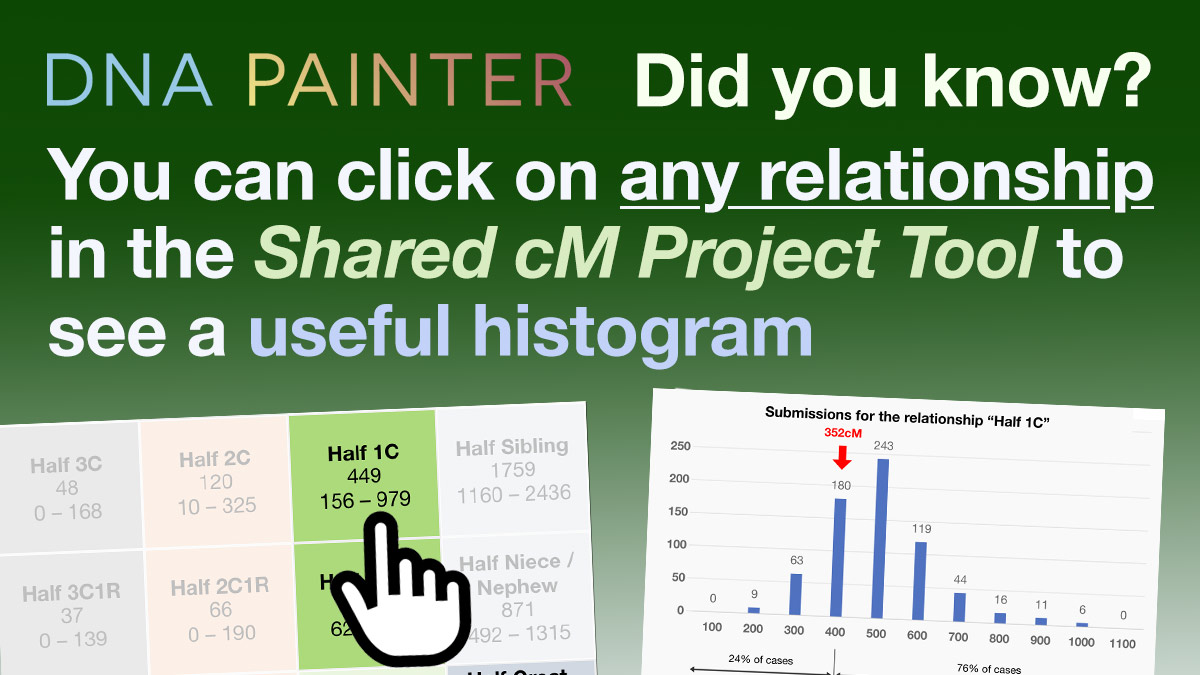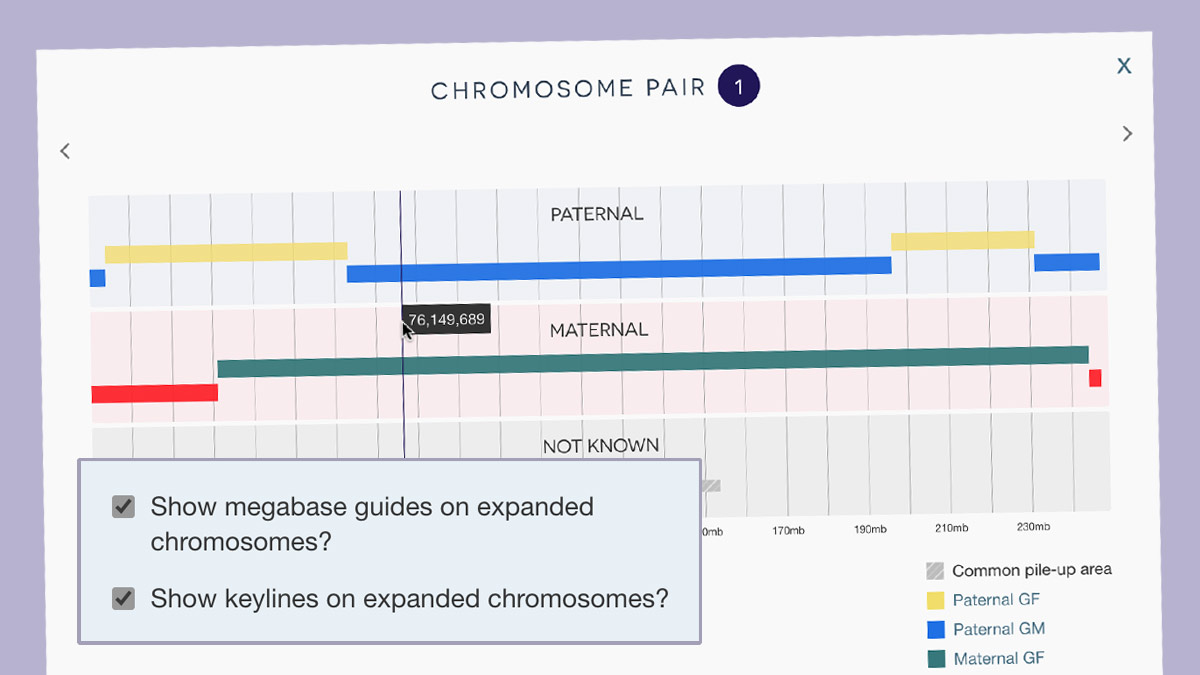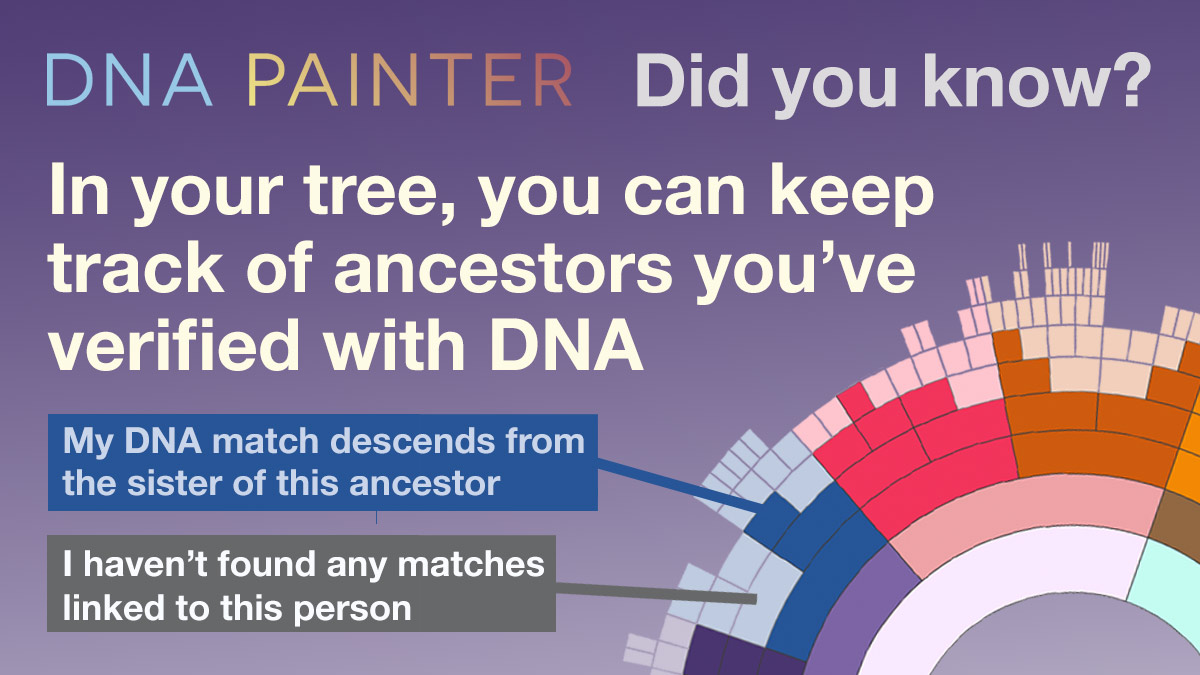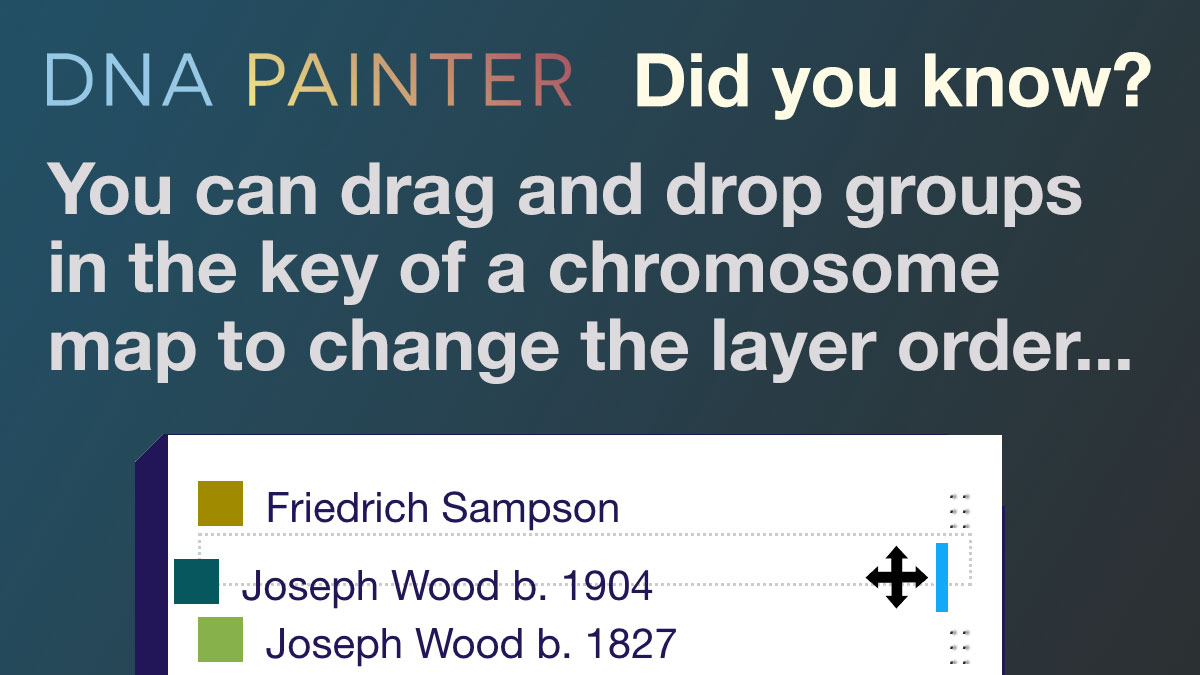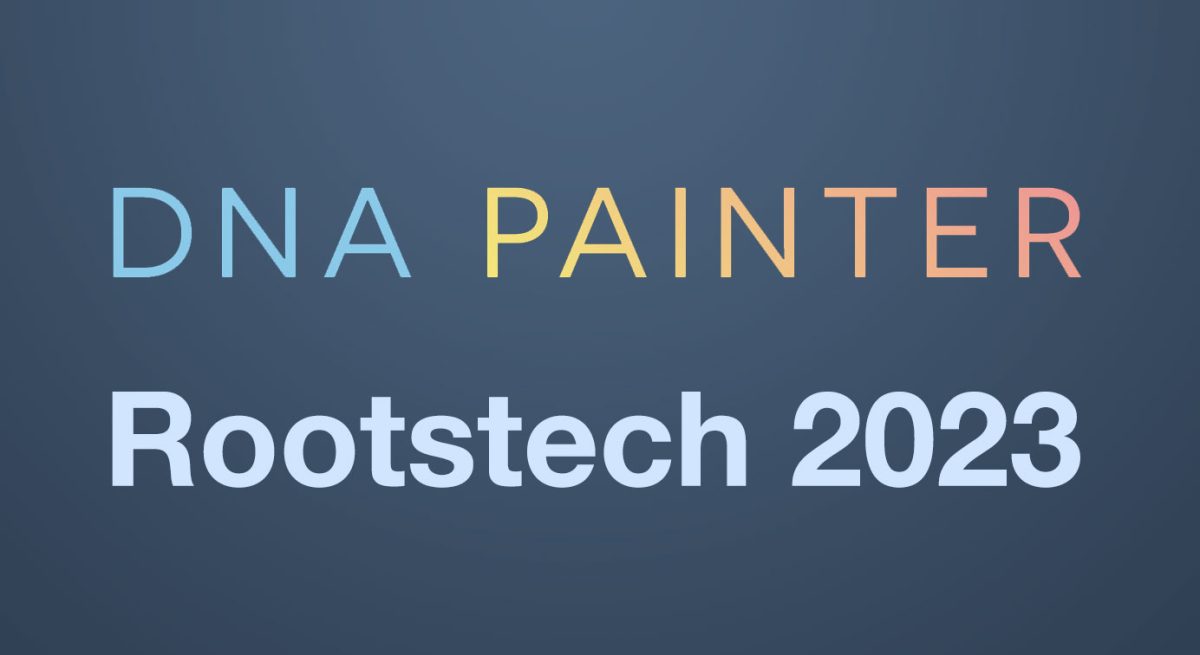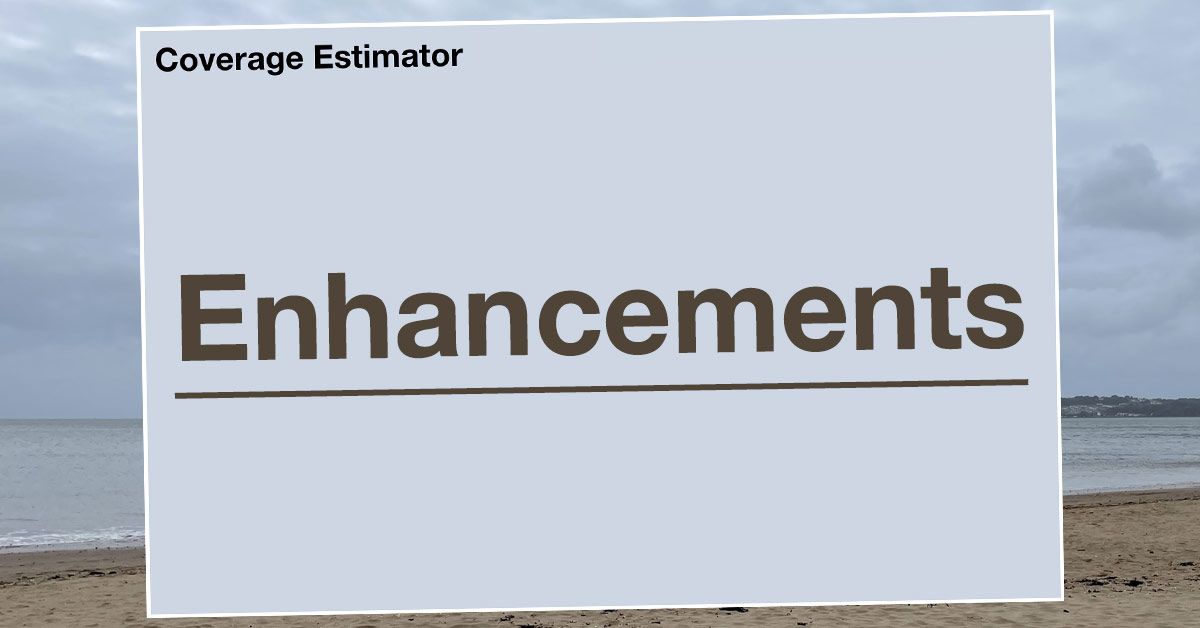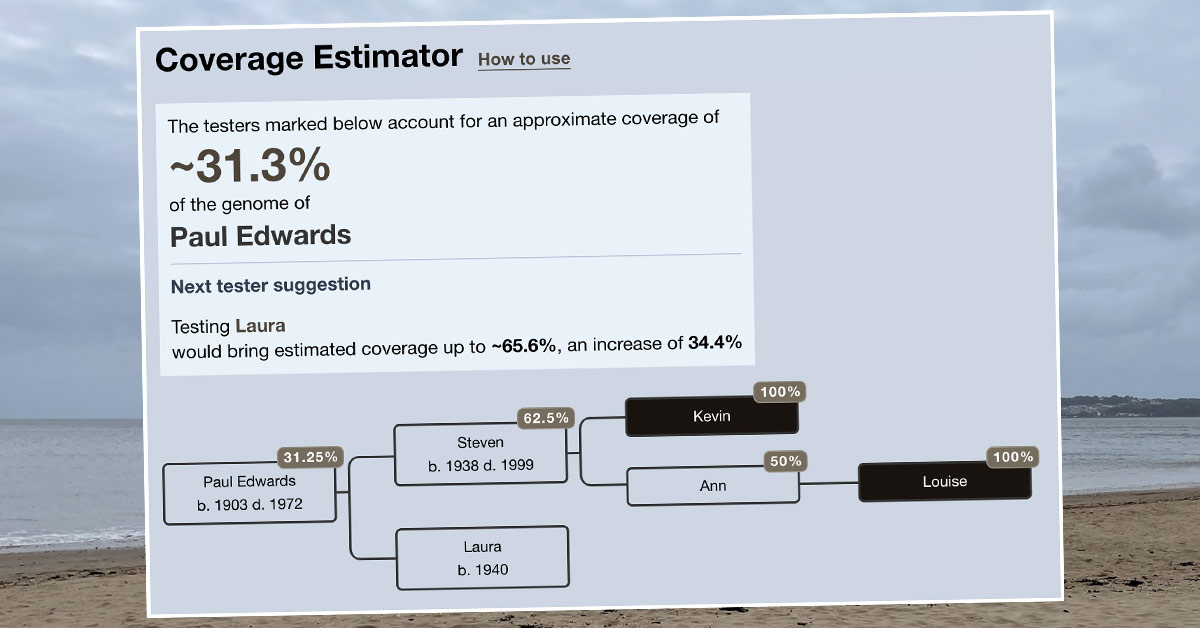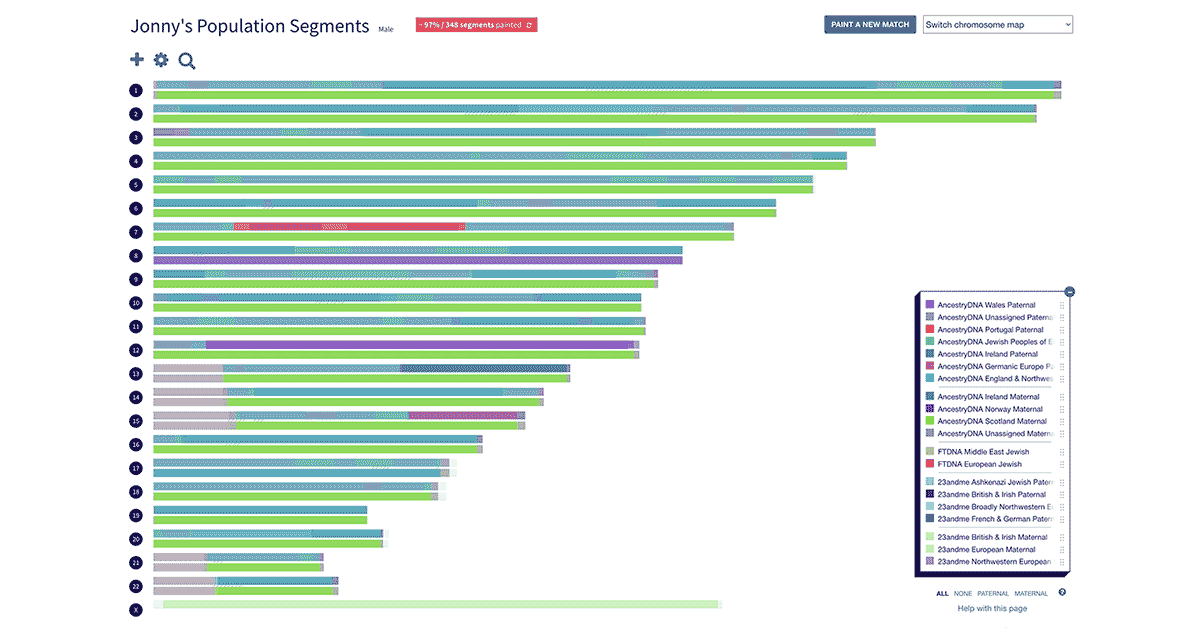The list of standalone tools at DNA Painter was becoming rather unwieldy, so I’ve given it a bit of a revamp. The content is the same as it was, but the layout now includes several additions that I hope you’ll find useful.
Several years after it was first requested, I have recently released a simple ‘cM slider’ as an option that can be turned on in any chromosome map at DNA Painter.
The Shared cM Project tool is a popular interactive tool that allows you to enter an amount of shared DNA and explore relationship possibilities. In this short post I explain how to access more detail in the shared cM histograms.
This article introduces some improvements to chromosome maps at DNA Painter, including options to turn on megabase gridlines, improved keyline labelling and a redesigned individual chromosome view.
Within your ancestral tree at DNA Painter, ‘Show genetic ancestors’ will highlight those ancestors you’ve marked in this way. In this short article, I’ll discuss what ‘genetic ancestors’ are and explain how you can track them in your tree.
You can change the segment layer order within any DNA Painter chromosome map by dragging and dropping the groups in the key. This article, the first in a new series, explains how this works.
It feels very strange to be writing this preview of RootsTech 2023 because it doesn’t seem real or possible that 3 years can have passed since I last attended in person. Time has truly warped… In February 2020 I arrived in Salt Lake City full of optimism, but I think I was running on empty.
Last night I released an update with several enhancements to the DNA Coverage tool that I’ll list in this short post.
The coverage estimator is a new tool at DNA Painter that lets you build a tree or import a GEDCOM and then mark the people in that tree who have tested. It then estimates the DNA coverage for the root person based on the testers. In this post I explain how to use it.
Following the release of the AncestryDNA Chromosome Painter, I thought it would be interesting to compare the offering of each company that now offers segment data for their ancestral composition (aka “ethnicity”) estimates. My family’s estimates are probably more interesting than they will be for those who have fewer different ancestries in their background. You
